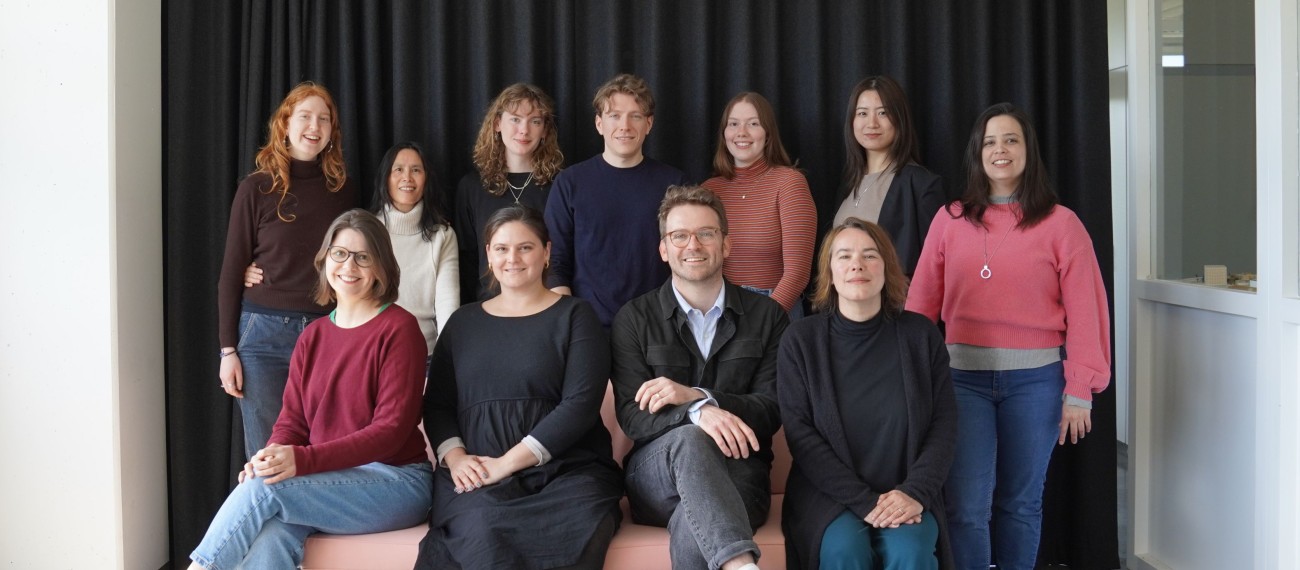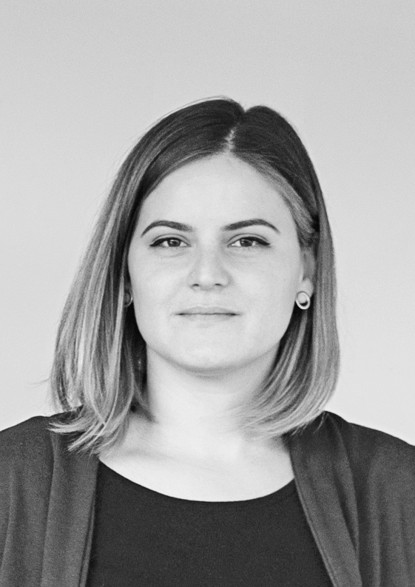Dr.-Ing. Marianne Halblaub Miranda
Contact
mhalblaub@stadt.tu-...
work +49 (0)6151 16-25497
Work
L3|01 470
El-Lissitzky-Str.1
64287
Darmstadt
Dr Halblaub Miranda is a Postdoctoral Research Associate in the Urban Design and Planning Unit of the Department of Architecture. She is an active member of the research and teaching community and has successfully participated in the acquisition of external funding projects, published various academic publications and presented in numerous conferences presentations. She has coordinated numerous research projects, scientific events, research seminars and urban design units on a range of topics including urban design and health, inclusive design, universal design and access for all, and urban mobility. She has worked and collaborated with local and international partners including city planning departments, research institutes and industry.
Her doctoral and post-doctoral research focuses on healthy and inclusive user-centred urban design, with an emphasis on the influence of the built environment on user behaviour. Key areas of investigation include spatial cognition and perception, navigation and orientation, and health-related activities in urban open spaces. She has created innovative research methods for health promotion in urban planning and design through research led education and community engagement. Moreover, she has contributed to programmatic and design interventions that promote health and well-being in urban environments, including participatory digital applications. Notably, all these activities have been seamlessly integrated with teaching to ensure transfer of knowledge to her peers and students alike. The overarching goal of her research, teaching and outreach efforts is to facilitate thoughtful and informed transformation of inclusive and healthy built environments in collaboration with a diverse range of relevant actors.

Error on loading data
An error has occured when loading publications data from TUbiblio. Please try again later.
-
{{ year }}
-
; {{ creator.name.family }}, {{ creator.name.given }}{{ publication.title }}.
; {{ editor.name.family }}, {{ editor.name.given }} (eds.); ; {{ creator }} (Corporate Creator) ({{ publication.date.toString().substring(0,4) }}):
In: {{ publication.series }}, {{ publication.volume }}, In: {{ publication.book_title }}, In: {{ publication.publication }}, {{ publication.journal_volume}} ({{ publication.number }}), ppp. {{ publication.pagerange }}, {{ publication.place_of_pub }}, {{ publication.publisher }}, {{ publication.institution }}, {{ publication.event_title }}, {{ publication.event_location }}, {{ publication.event_dates }}, ISSN {{ publication.issn }}, e-ISSN {{ publication.eissn }}, ISBN {{ publication.isbn }}, DOI: {{ publication.doi.toString().replace('http://','').replace('https://','').replace('dx.doi.org/','').replace('doi.org/','').replace('doi.org','').replace("DOI: ", "").replace("doi:", "") }}, Official URL, {{ labels[publication.type]?labels[publication.type]:publication.type }}, {{ labels[publication.pub_sequence] }}, {{ labels[publication.doc_status] }} - […]
-
Number of items in this list: >{{ publicationsList.length }}
Only the {{publicationsList.length}} latest publications are displayed here.


